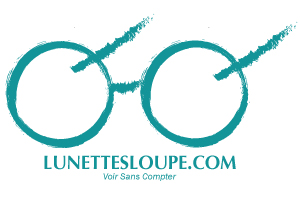No products
The choice of his presbyopic glasses can be a source of questioning. It is easy at first to try reading glasses in family, friends or a pharmacy. We also offer two other solutions to help you in this decision, the criterion of age and a test to be done at home. However, it is undeniable that the best analysis will be that of an ophthalmologist and we advise you first to make an appointment with a specialist.
Choice of reading glasses man or woman: the age, the first index
With aging, the power of accommodation of the eye decreases and begins to settle presbyopia at the age of 40 years.
The analysis of the presbyopic population by age group makes it possible to determine a first rule to choose its correction in diopter.
40 to 45 years old: recommended correction from +1 to +1.5 diopters
From 45 to 50 years old: recommended correction from +1.5 to +2 diopters
From 50 to 55 years old: recommended correction from +2 to +2,5 diopters
From 55 to 60 years old: recommended correction from +2.5 to +3 diopters
From 60 to 65 years old: recommended correction from +3 to +3,5 diopters
Beyond 65, corrections in +4 diopters can be recommended.
Do not take a higher diopter if you do not perceive a difference between two successive corrections. For example, you do not find a big change between reading glasses +2.5 and +3 diopters, so you opt for +2.5. It is indeed advisable not to anticipate the choice of a diopter too strong compared to your need.
What diopter for my reading glasses: an easy test to do at home.
Another help in the choice of glasses is a test to perform at home.
Just download the following document: Download the Test
- Print it on A4 sheet. Do not do this test on a computer screen, tablet or smartphone!
- Place yourself about 30 to 35 cm in front of the sheet, it must be well lit (under a lamp or in front of a sunny window).
- Remove the glasses that you could wear and wait 4 or 5 minutes before taking the test.
- Read each box starting with the top one without forcing his vision. The first box that you can read correctly will tell you which diopter correction is right for you.
This test is an aid to accompany you in the choice of correction of your presbyopic glasses, it is not an accurate ophthalmological test, we invite you to make an appointment with an ophthalmologist to make reliable and accurate analyzes.
